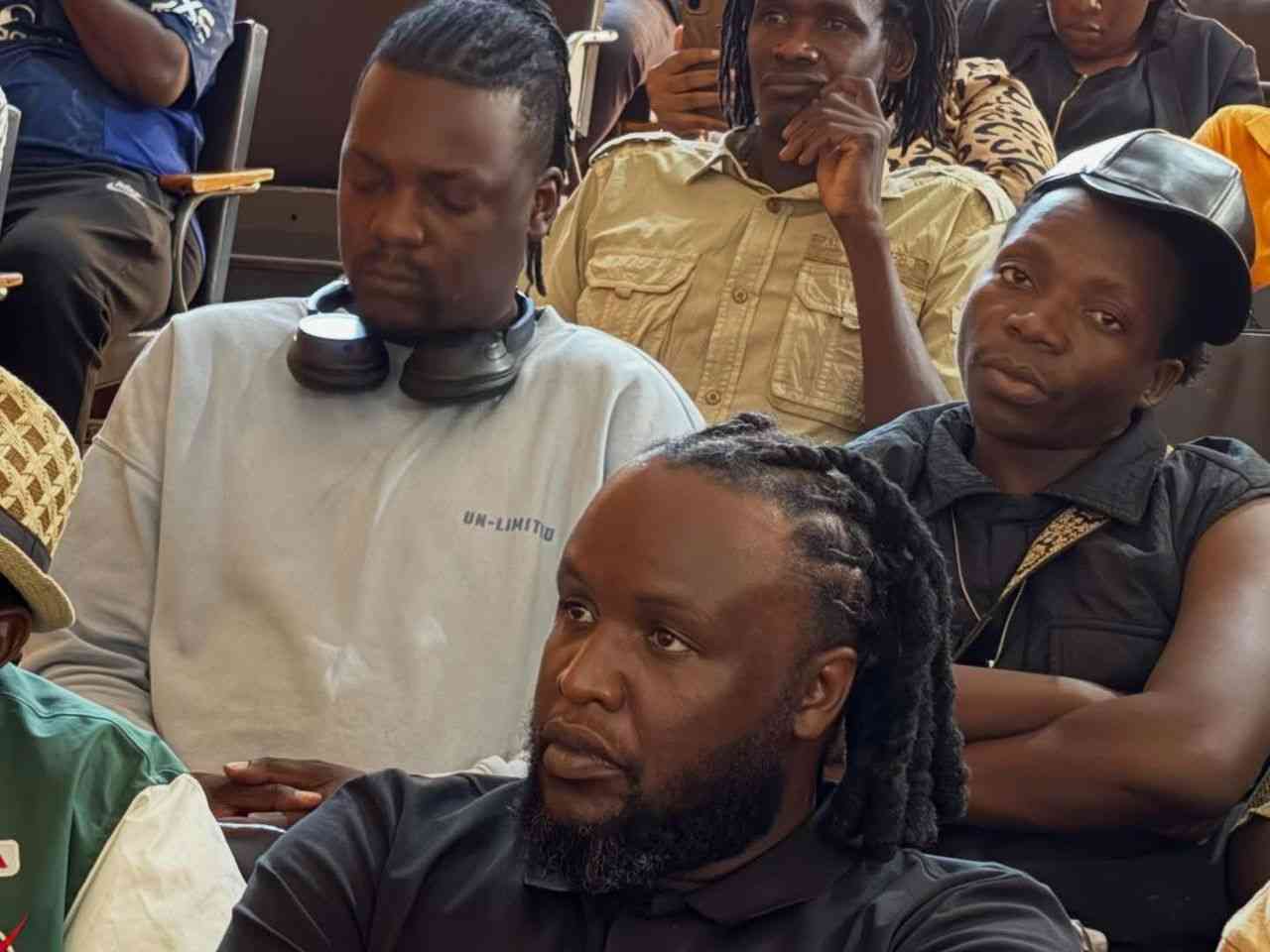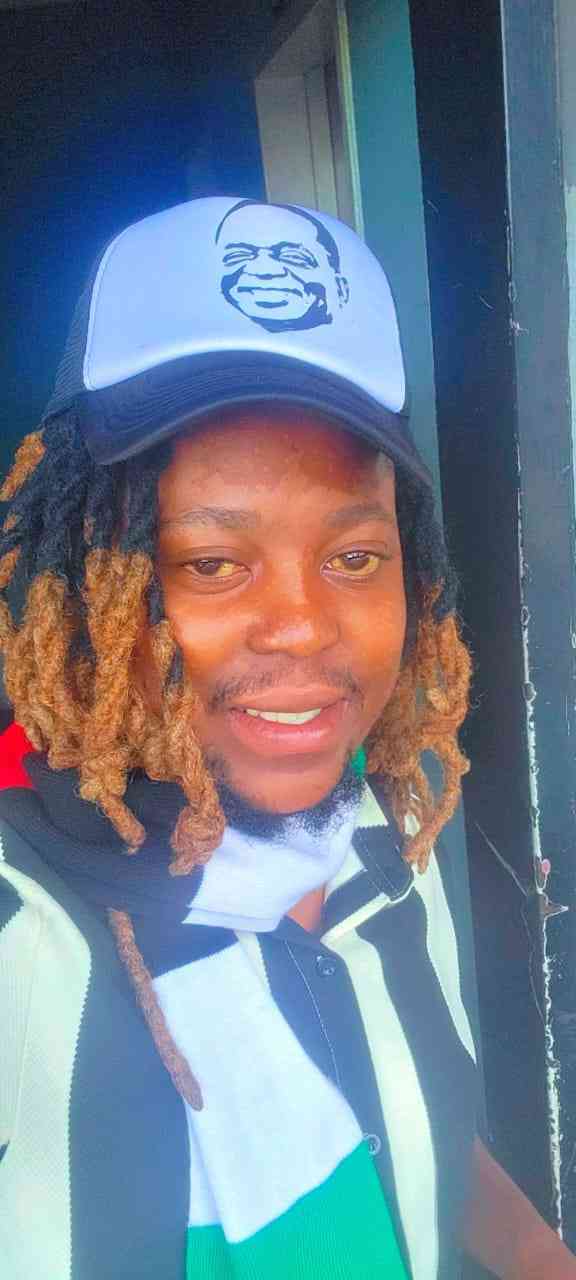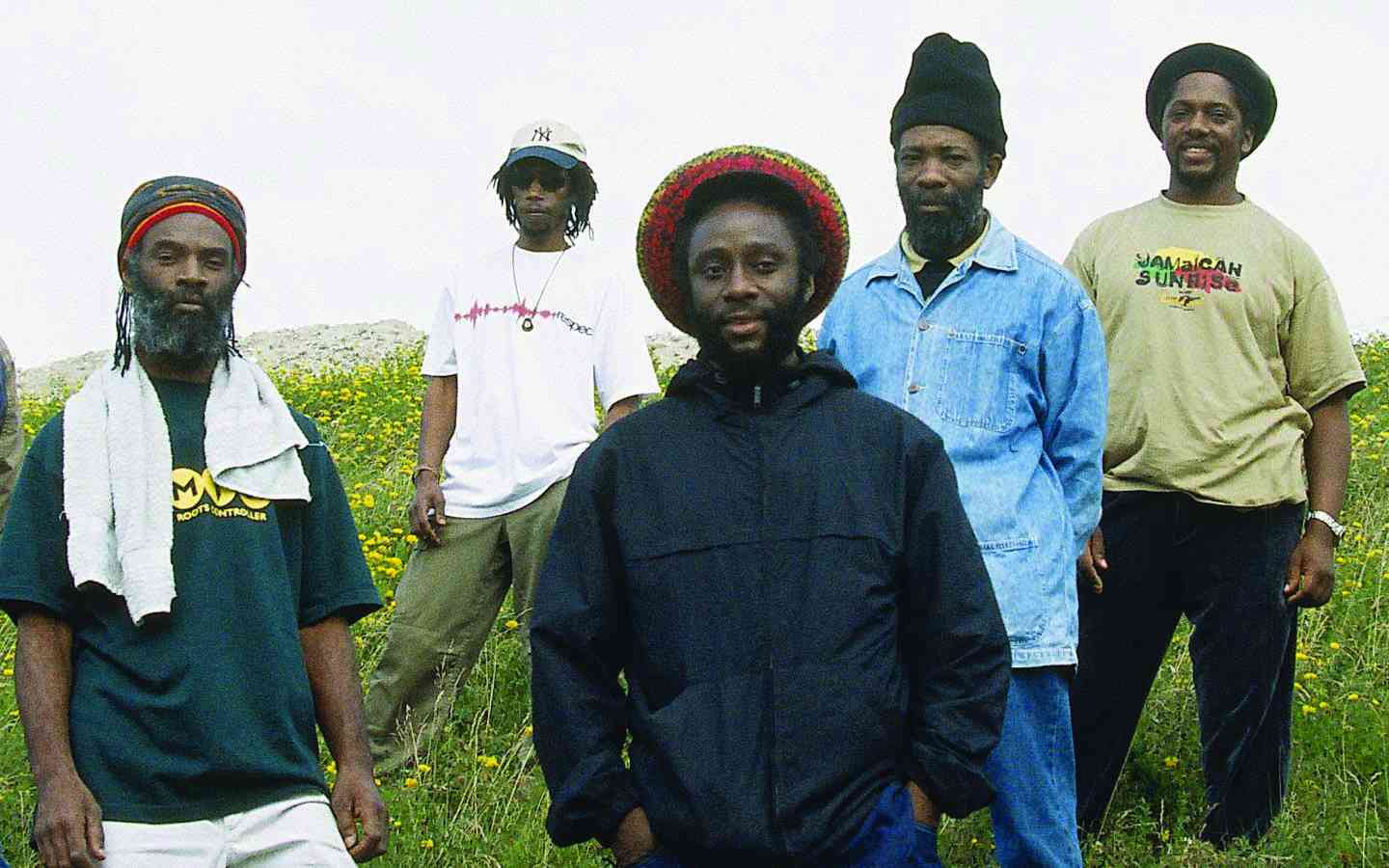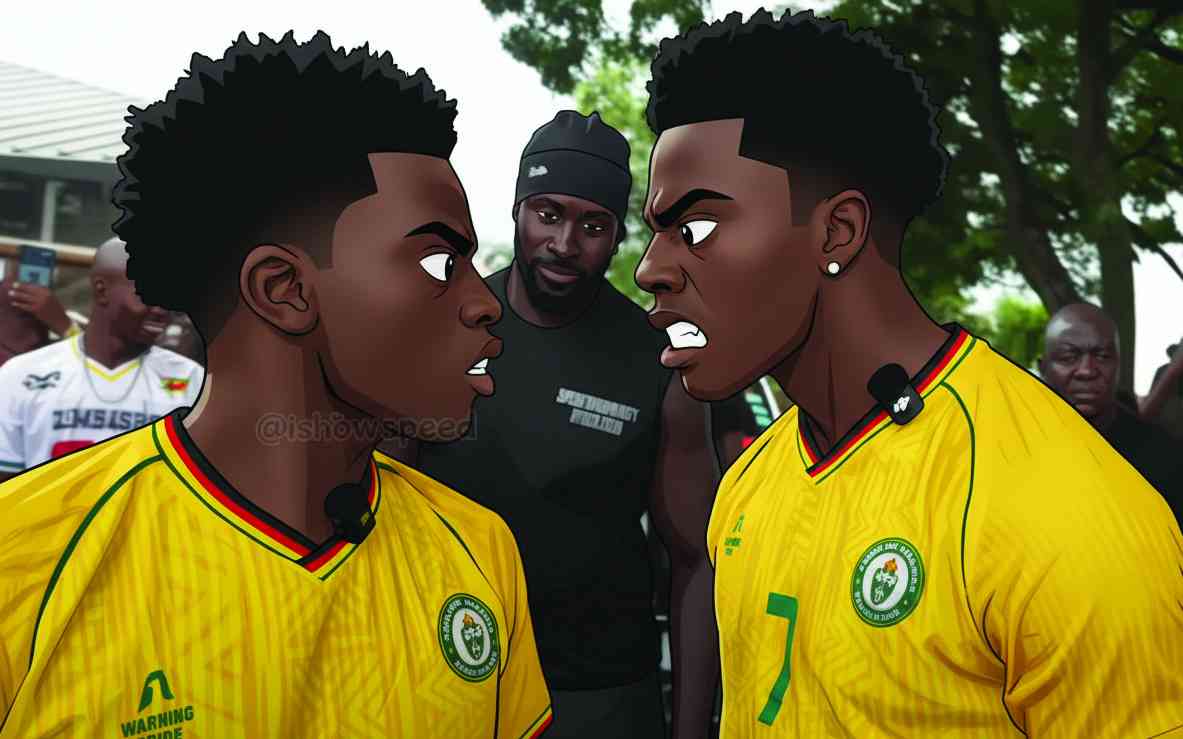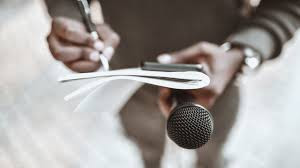
The Journalists as Fact Checkers workshop, organised by the Friedrich Naumann Foundation for Africa for the Womentorship Champions, recently, was an unexpected catalyst for my growth as a female human rights defender.
It seamlessly intertwined with my roles as a journalist and an advocate, revealing journalism as a vital act of service in combating misinformation. In Zimbabwe, where even verifying basic information like road accident fatalities is a challenge due to limited data, fact-checking transcends a mere professional duty—it becomes a subtle yet significant form of resistance.
A particularly impactful lesson was the concept of "reading laterally," urging me to move beyond surface-level consumption and resist the lure of clicks. This shift in perspective has equipped me with a constant critical lens, scrutinising every headline with the discerning eye of a detective. Instead of accepting information at face value, I now prioritise in-depth investigation, questioning sources and considering multiple angles before forming an opinion. Given the current climate in Zimbabwe, I anticipate this new approach will be both necessary and, at times, jarring.
Identifying propaganda has moved from an abstract concept to a tangible skill, and recognising high-impact claims feels like gaining the ability to see through deception. Vague political statements and sensational headlines now serve as practical case studies, demanding closer examination rather than a mere scroll-past.
This experience has fundamentally reshaped my understanding of my journalistic responsibility in a world saturated with disinformation. I previously viewed my primary role as informing the public. Now, I recognise an equally crucial duty: to protect, to shield the public from insidious falsehoods. Misinformation, I now understand, is a silent oppressor, fostering confusion, division, and disempowerment, often disguised convincingly.
A stark realisation during the workshop was the near impossibility of verifying certain statistics in Zimbabwe, such as road traffic fatalities. While international standards dictate monthly tracking, local data collection often stops at the accident scene. This isn't due to a lack of concern for truth, but rather the absence of the necessary systems. This systemic challenge echoes everyday realities, like the anecdote of calling the police for a robbery only to be asked to provide transportation — a telling story in itself.
Reflecting on my storytelling approach, I've always valued empathy. However, I now understand that while emotions facilitate connection, they must not compromise the objectivity of my reporting. Critical thinking, I've learned, invariably outweighs emotional responses. My responsibility is not to feel for the audience, but to fact-check for them.
Before this workshop, I often felt like a passive bystander in the rapid flow of news and narratives. Now, I feel empowered and compelled to be an active verifier. I possess new tools, a refined perspective, and a clearer sense of purpose. Journalism, I now firmly believe, is not just about disseminating information, but about rigorous verification, thoughtful challenge, and unwavering commitment to truth.
- Act on Pandora Papers expose
- Pandora Papers: Top Mnangagwa official exposed in biggest leak
- Act on Pandora Papers expose
- Pandora Papers: Top Mnangagwa official exposed in biggest leak
Keep Reading
This workshop was more than just a training session; it was a transformative experience, perhaps even the genesis of a new kind of superhero — one whose cape is digital and whose superpower is verified truth. My sincere gratitude to Lafaqane Nare, Fact Check ZW’s executive director for sharing her invaluable wisdom, during the workshop.

